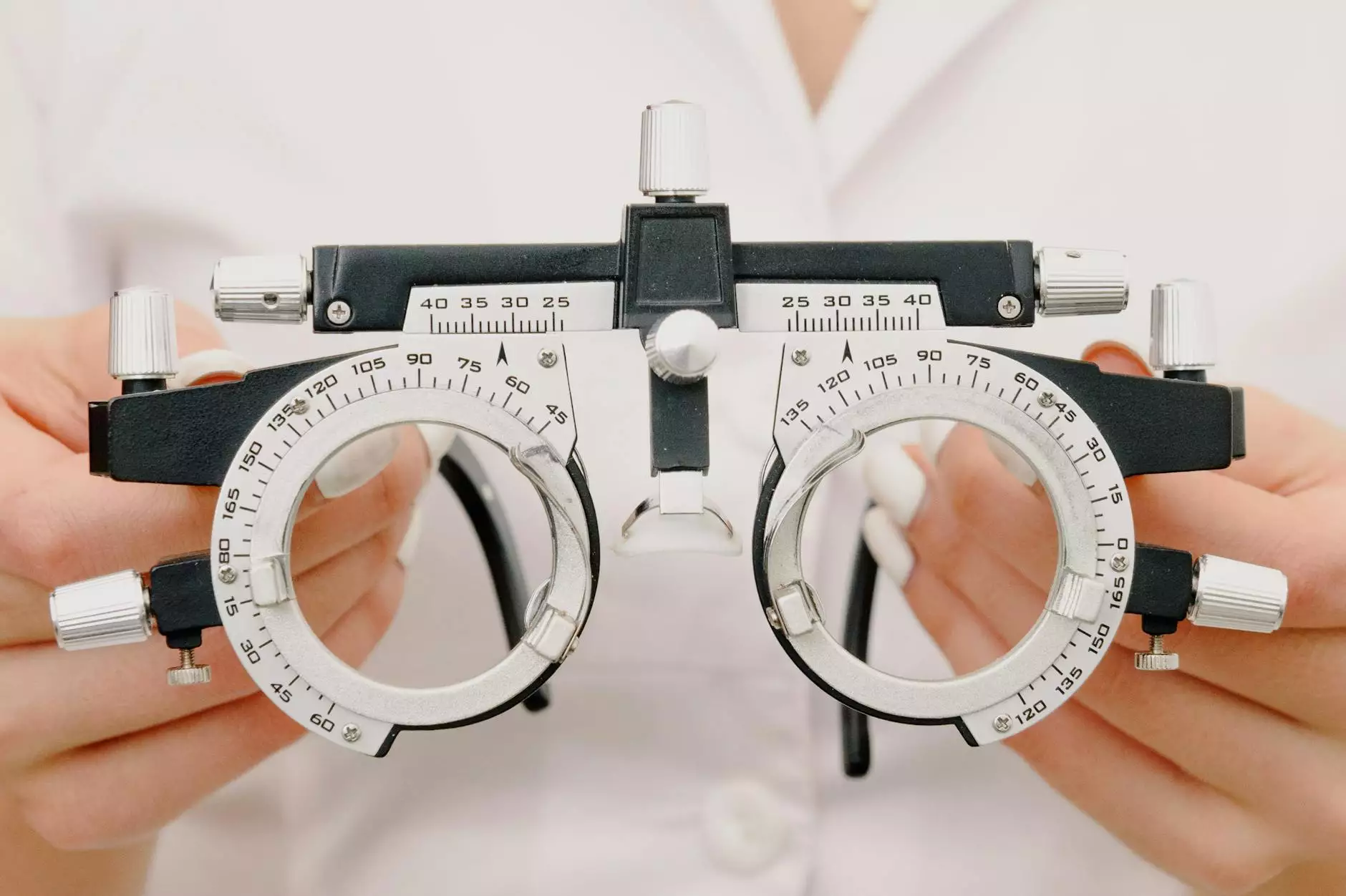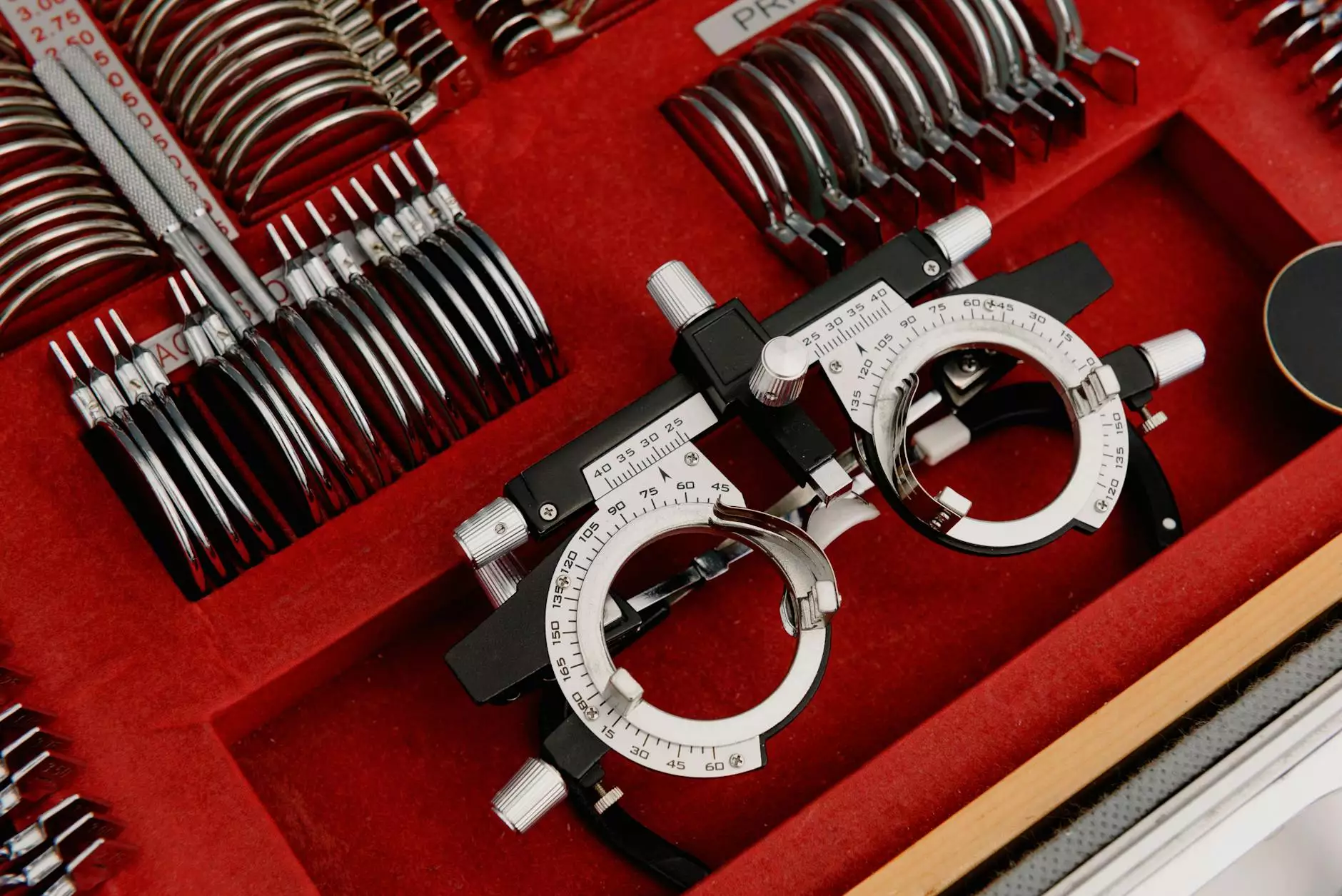How to Get Rid of a Stiff Neck - A Comprehensive Guide by RN Patient Advocates

Welcome to RN Patient Advocates, your trusted source for expert advice and solutions related to healthcare and well-being. In this comprehensive guide, we will explore effective methods to alleviate and prevent a stiff neck, a discomfort many individuals experience at some point in their lives.
Understanding a Stiff Neck
A stiff neck can be caused by various factors such as poor posture, muscle strain, or even excessive stress. It is characterized by pain, stiffness, and limited range of motion in the neck area. If left untreated, a stiff neck can greatly impact your daily activities and overall quality of life.
Common Causes of a Stiff Neck
Several common causes contribute to the development of a stiff neck. These include:
- Poor posture: Maintaining an improper posture, whether while sitting, standing, or sleeping, can strain the neck muscles and lead to stiffness.
- Muscle strain: Engaging in activities that involve repetitive neck movements or sudden jerks can strain the neck muscles, resulting in stiffness.
- Injury: Trauma or injury to the neck, such as whiplash, can cause stiffness and pain.
- Stress: Excessive stress can lead to muscle tension and tightness in the neck area, causing discomfort.
- Arthritis: Conditions such as osteoarthritis or cervical spondylosis can cause degeneration of the neck joints, leading to stiffness and pain.
Relieving a Stiff Neck
At RN Patient Advocates, we understand the importance of finding effective solutions to alleviate your stiff neck symptoms. Here are some methods to help you find relief:
1. Rest and Relaxation
Give your neck muscles a break by avoiding activities that exacerbate the pain and stiffness. Ensure you have proper rest and incorporate relaxation techniques such as deep breathing and meditation to reduce muscle tension.
2. Apply Heat or Cold Therapy
Applying heat or cold packs to the affected area can provide temporary relief from a stiff neck. Use a heating pad or warm towel for soothing heat therapy, or an ice pack wrapped in a cloth for cold therapy. Alternate between heat and cold to find what works best for you.
3. Gentle Neck Exercises
Engage in gentle neck exercises to improve flexibility and relieve stiffness. Slowly move your neck in different directions, such as tilting your head forward, backward, and side to side. Be cautious and only perform exercises within a comfortable range of motion to prevent further strain.
4. Maintain Proper Posture
Correcting your posture plays a significant role in preventing and relieving a stiff neck. Practice good posture while sitting, standing, and sleeping. Use ergonomic chairs and pillows that support your neck and maintain proper alignment.
5. Over-the-counter Medications
In some cases, over-the-counter pain relief medications such as nonsteroidal anti-inflammatory drugs (NSAIDs) can help alleviate the pain and reduce inflammation associated with a stiff neck. However, always consult with a healthcare professional before taking any medication.
6. Seek Professional Assistance
If your stiff neck persists or worsens despite trying various self-care methods, it is essential to seek professional assistance. Consult with a healthcare provider or physical therapist who can provide a comprehensive evaluation and recommend appropriate treatment options tailored to your specific needs.
Preventing Future Stiff Necks
Preventing future occurrences of a stiff neck is equally important to finding relief from current symptoms. Consider the following tips to minimize the risk:
1. Maintain a Healthy Lifestyle
Adopting a healthy lifestyle that includes regular exercise, a balanced diet, and proper hydration can positively impact overall musculoskeletal health, reducing the likelihood of developing a stiff neck.
2. Avoid Prolonged Strain
Avoid prolonged periods of strain on your neck, such as continuously looking down at your smartphone or computer screen for extended periods. Take regular breaks and practice neck stretches to relieve tension.
3. Ergonomic Workspace Setup
Ensure your workspace is ergonomically designed to support your neck and spine. Invest in an adjustable chair, monitor stand, and keyboard tray to maintain a neutral posture while working.
4. Regular Stretching and Strengthening Exercises
Incorporate regular neck stretching and strengthening exercises into your daily routine. This can help improve flexibility and strengthen the neck muscles, reducing the risk of stiffness.
5. Stress Management
Implement stress management techniques such as yoga, meditation, or engaging in hobbies to reduce stress-related muscle tension in the neck area.
Conclusion
RN Patient Advocates is committed to providing valuable resources and solutions to enhance your well-being. By following the methods outlined in this comprehensive guide, you can effectively alleviate and prevent a stiff neck, allowing you to enjoy a pain-free and active lifestyle. Remember, if your symptoms persist or worsen, consult with a healthcare professional for a proper diagnosis and personalized treatment plan. Take control of your neck health today!










